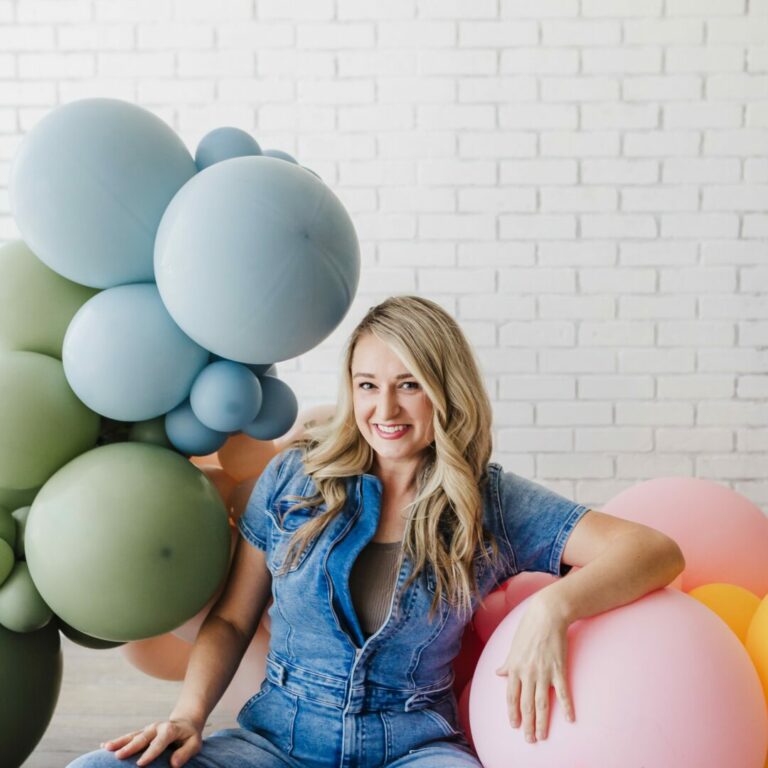This is the year to kick the pesky imposter syndrome to the curb and move forward on your journey towards reaching your full potential. We hope the stories and lessons below will help you overcome self-doubt.
Erika Boehme
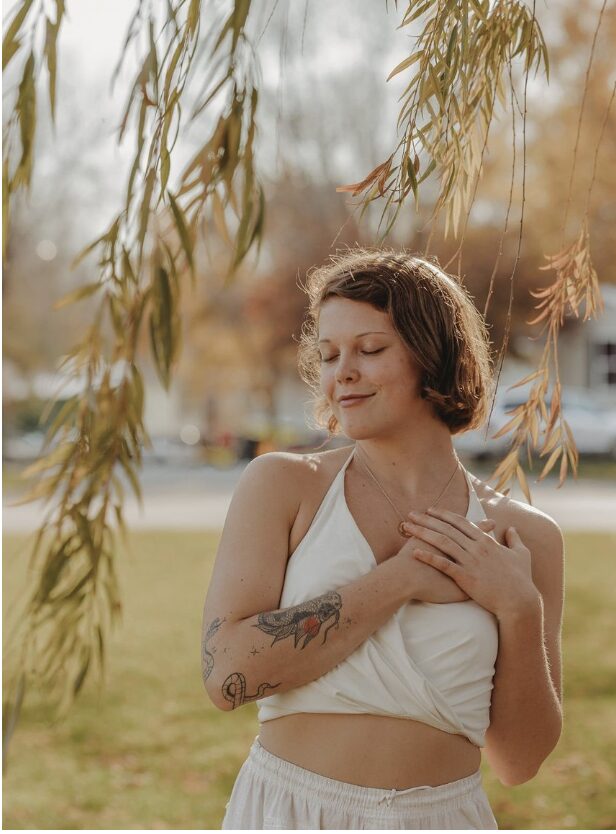
Imposter syndrome and I were very close for many years.
The evidence I committed to holding onto to make a case for imposter syndrome was:
Being in my early 20s, I’m too young to be taken seriously
I don’t have any highly accredited certifications
I’ve never done what I’m seeking to do, so how can I say “I am this” or “I have this?”
I don’t feel confident, so there must be something I’m missing. Read More>>
Madrone McCarthy & Teresa McKee
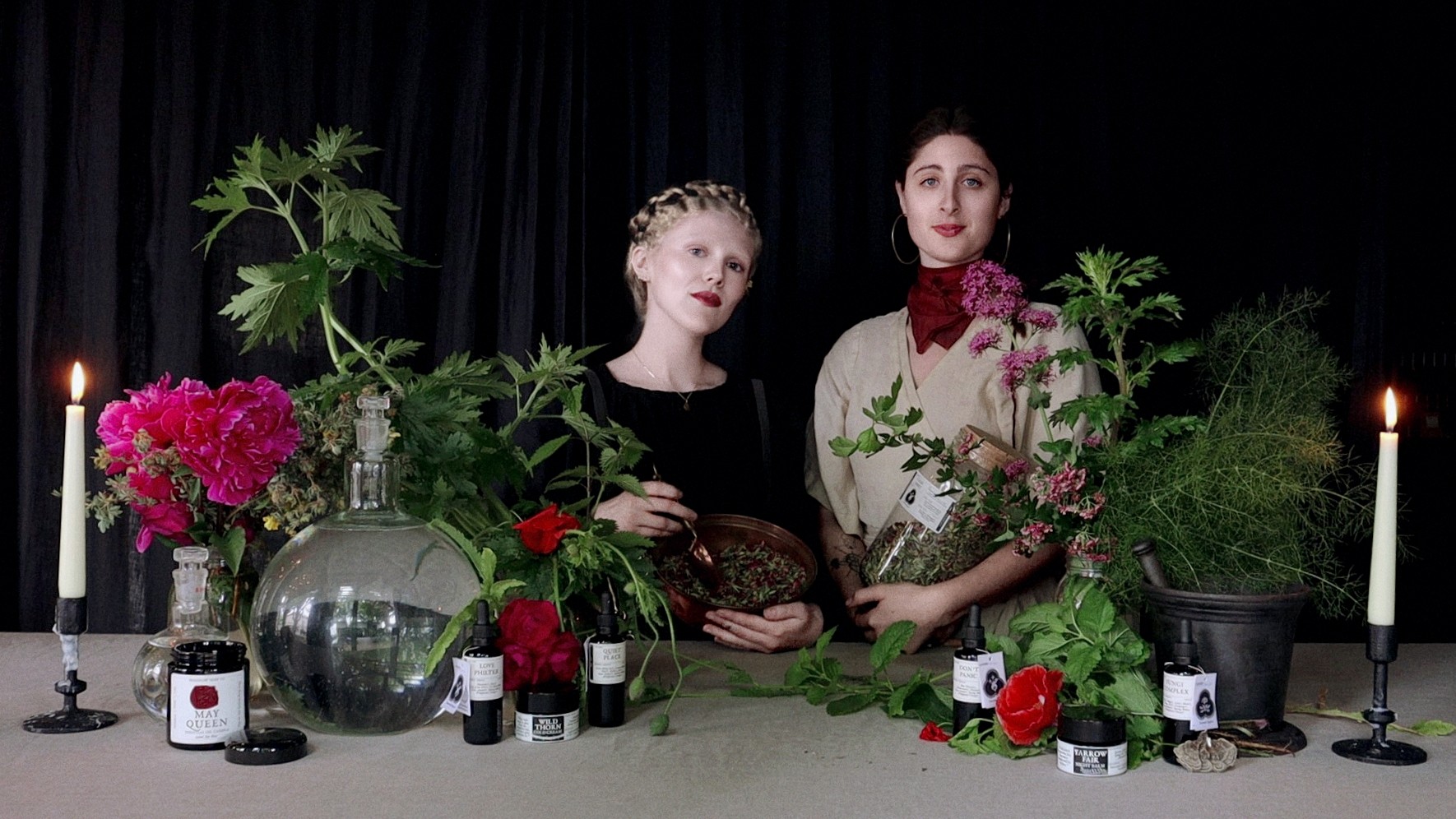
Hedgerows are places of medicine, a site where human kind and the natural world intersect. The hedgerow is a natural or man made border, housing small creatures and wild herbs. These living borders are as well known to be a place of magical happenings, an entry to the otherworld.
At Hedgerow Herb Co, we aim to heal and re-enchant you with our practice of communal herbalism, small-batch folk remedies, tea service, and educational events. Read More>>
Kyng C4ooLyy(CfooLyy)
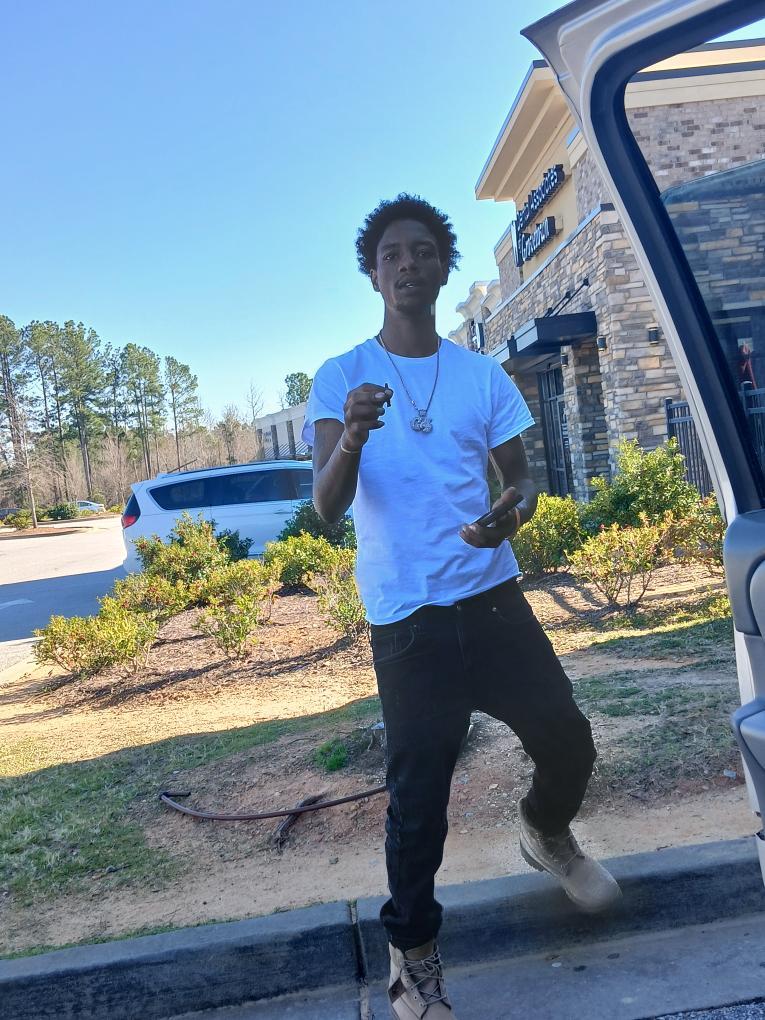
No matter what i just stuck to S3L4(Self)! Even when others tried to copy I still remained humble and authentic! Read More>>
Zamira Soza
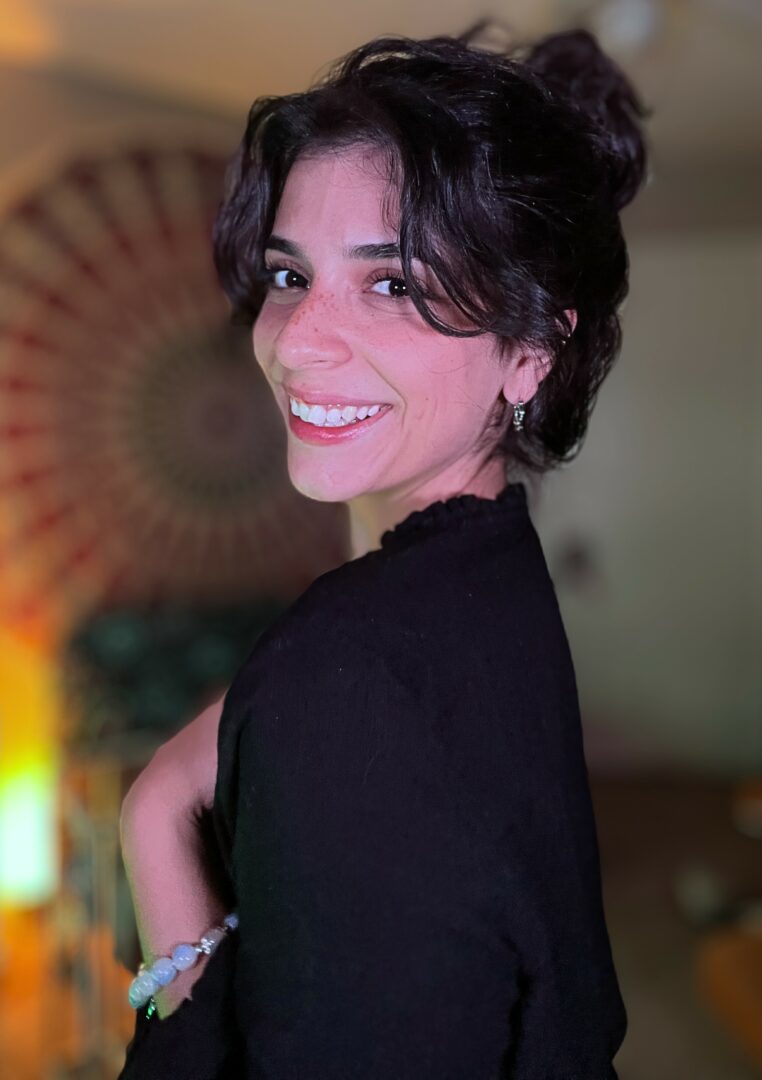
Being a psychic, imposter syndrome is the name of the game–especially in the beginning. This was actually really challenging to push through in pursuing this as an actual career. What got me through imposter syndrome was viewing this profession like anything else that wasn’t mystical.
In any sport, we have to learn and practice in order to get better, so that’s what I did. I worked with mentors and practiced free readings on a LOT of strangers on TikTok, Facebook, and friends/family from time to time when I could muster up the courage. Read More>>
Tim Ashby
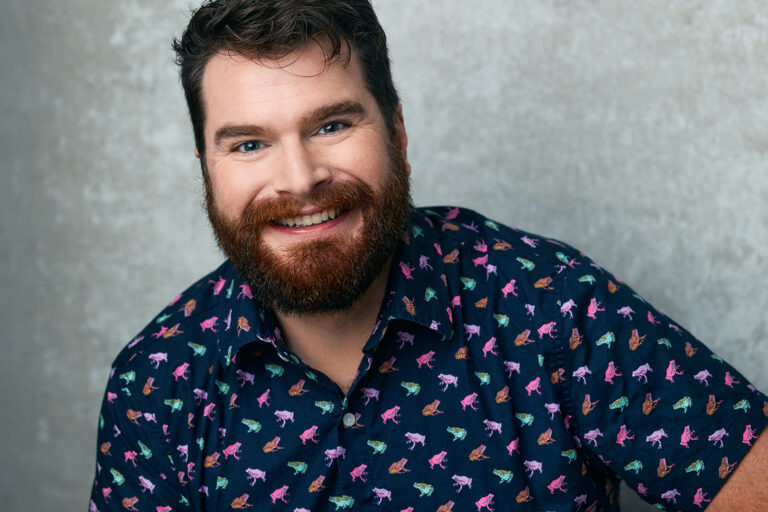
Ha! Imposter Syndrome still plagues me, but I’ll absolutely say that I’ve changed my thinking about it. Rather than letting it prevent me, I see it as a strength. It keeps me striving, I don’t feel like I’m able to rest on my laurels, and it gets me present to the challenge in front of me. Read More>>
Pear Chotbunwong

Right now, I’m focused on scaling Foundess, a startup accelerator and community supporting early-stage, underrepresented founders—especially students and first-time builders. We’ve supported over 500 founders across 15+ countries, hosted events at Stanford, Harvard, and Columbia, and recently launched Hatch House, a gender-equitable hacker house in New York City. Read More>>
Dave Gieselman

Honestly, I didn’t. I just stopped waiting for it to go away.
Here’s what I’ve learned: actual impostors don’t get impostor syndrome. They know they’re faking it. The rest of us are afraid we might be. Not because we’re frauds, but because we actually care. And what we’re really afraid of isn’t failure. It’s success. If I succeed and it was just luck, or timing, or a fluke, what happens when I can’t do it again? Now I’ve got something to lose. Now I’ve got people watching. And that’s when the fear kicks in: “They’re gonna find out I never belonged here.” Read More>>
Kendall Roclord
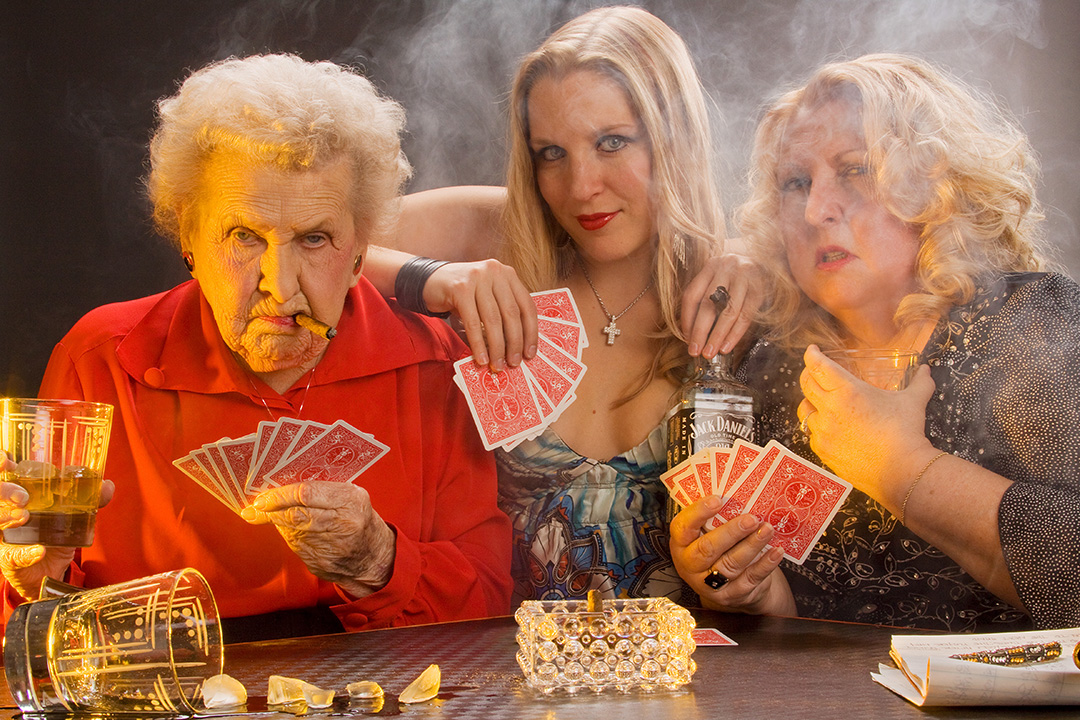
I’ve excelled in several art forms. I’ve come to realize that the areas I’m afraid I’m lacking in are never obvious to anyone else but myself. Read More>>
Gabby Rhodes

This is SO tough and I feel like it is a continuous battle. Overcoming it can be a challenge, but I will say that practicing a good mindset when scrolling through instagram is a must. Comparison really is the thief of joy and if we let it go too far it really will steal what we love! Read More>>
Briana Spears
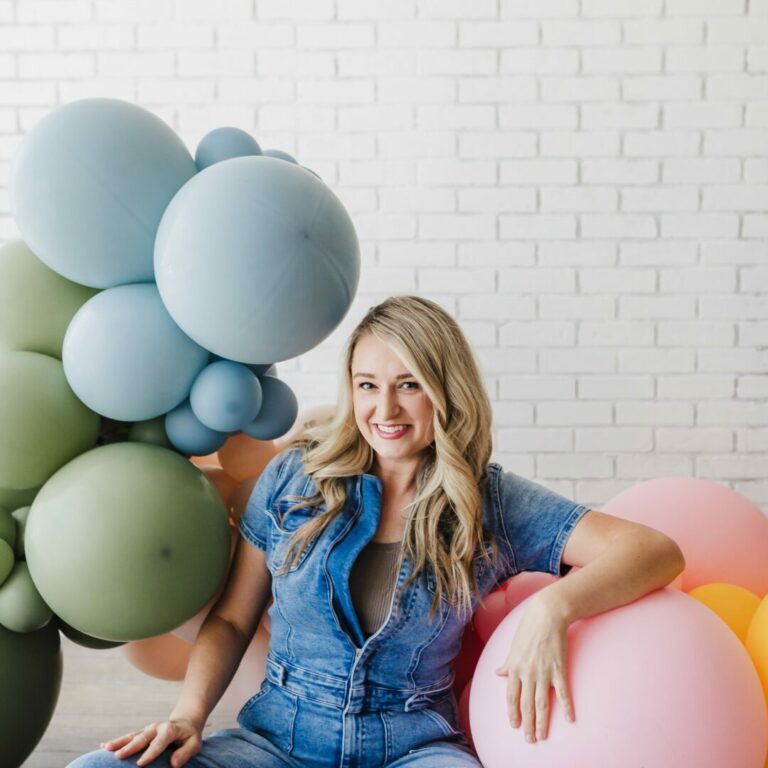
Imposter syndrome hit me hardest when I left my nursing career and started my business. I went from a structured, respected profession to calling myself a “balloon artist,” and for a long time, I felt like people wouldn’t take me seriously—or worse, like I didn’t deserve the success I was beginning to see. Read More>>
B. Danielle Watkins

I don’t think that anyone ever fully overcomes Imposter Syndrome. I think what happens is we experience a cycle of acceptance and humility that includes imposter syndrome. No matter how successful we are, the moment that next level thing happens, no matter how large or small, we question our validity of being in that space, because we know ourselves as the previous person. We know ourselves as the person without the achievement. Then we proceed with questioning worthiness. Read More>>
Dorel Dalya Koyen
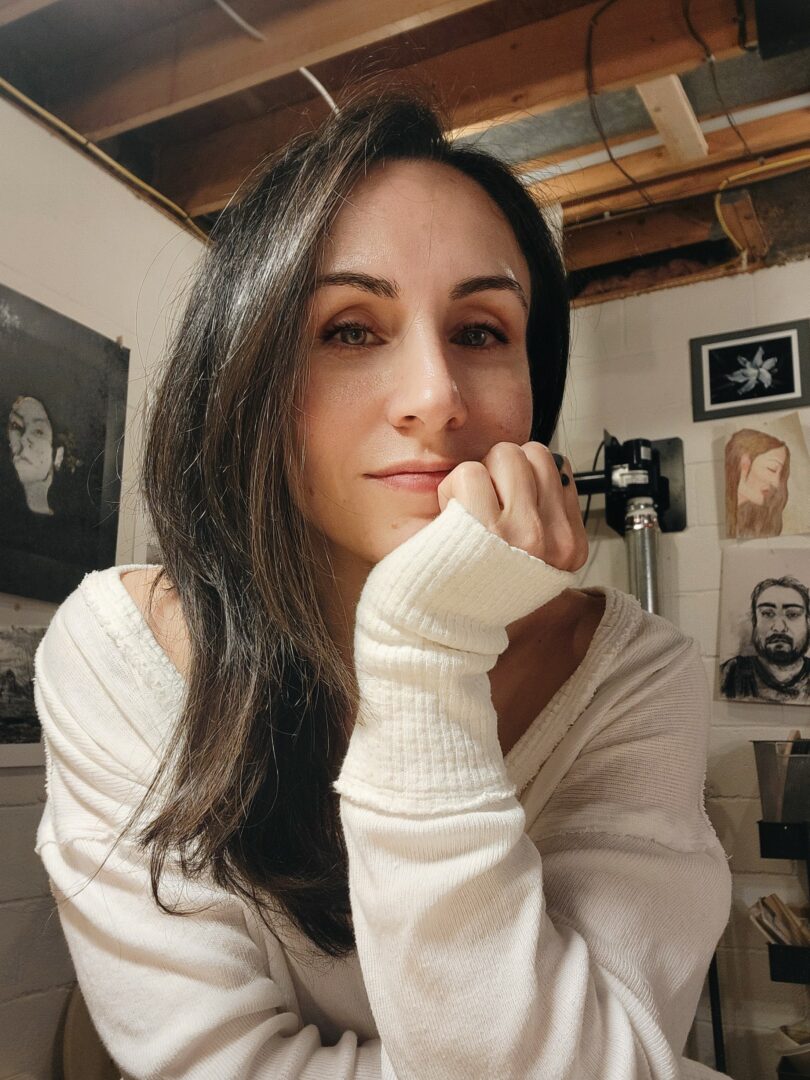
Overcoming imposter syndrome has never been a single moment for me; it’s an ongoing, evolving process. As a self-taught artist, I often felt like I didn’t belong in rooms full of formally trained creatives. I’d question whether my work was “real” enough, whether I was just playing at something others had earned. Read More>>
Sanjana Satagopan

I don’t think I’ve fully overcome imposter syndrome, and honestly, I’m not sure anyone ever truly does. There are still moments where I catch myself thinking, “Do I really belong here?” But over time, I’ve realized that those thoughts are universal; everyone, even the most accomplished people, feels that way at some point. Read More>>
Nicole Goode
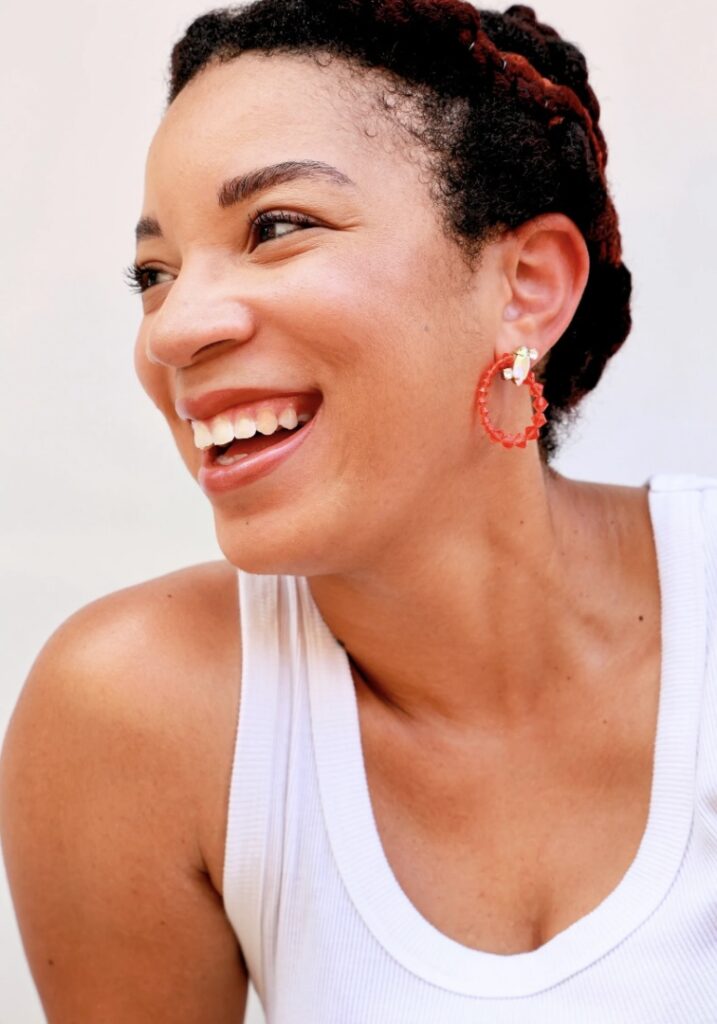
Since I could remember, I wanted to design. As a child, I played with Legos and KNEX. I enjoyed breaking stuff down and then putting it back together. I always wanted to use my hands for something creative. I drew a lot as a child and it was almost always architectural monuments; staples in the architectural community. Read More>>
Tim Palin
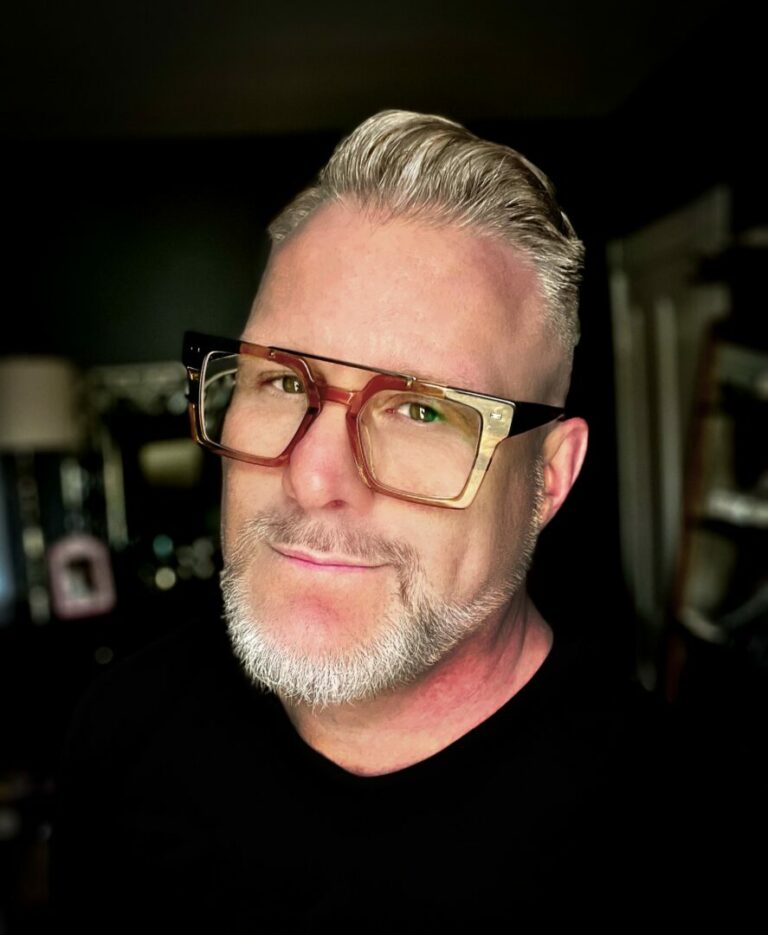
I haven’t yet.
In all seriousness, I think I’ll always carry a bit of that with me. Over the years I’ve really spread my wings in that I have don’t a lot of new things. starting with public relations (for a VERY short time after collage.), then graphic design for travel, then design for advertising, then book publishing, then children’s illustration, then final art, and now…3-dimensional art. When you dive into something head-first (as I tend to do), you have to do it with some level of confidence that you can accomplish it…or at least try it out for a while. Read More>>
Amanda Rodriguez
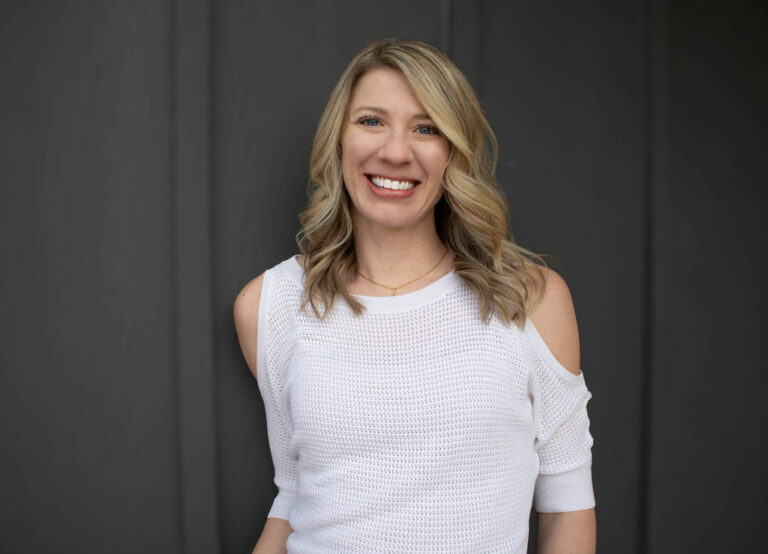
Imposter syndrome, to me, is a mindset that says, “You aren’t good enough. You shouldn’t be here. You aren’t doing it well so how could you teach others to do it well?”
When I read those words to myself, it stings. When I think about myself as a little girl, and an adult woman saying those things to her, it stings more.
I began to feel like I wasn’t good enough and wasn’t parenting as well as I’d like when my first child was about 3.5 years old. It’s around that age when kids enter the phase of being much more articulate and usually love to negotiate. Read More>>
Ken Nyberg
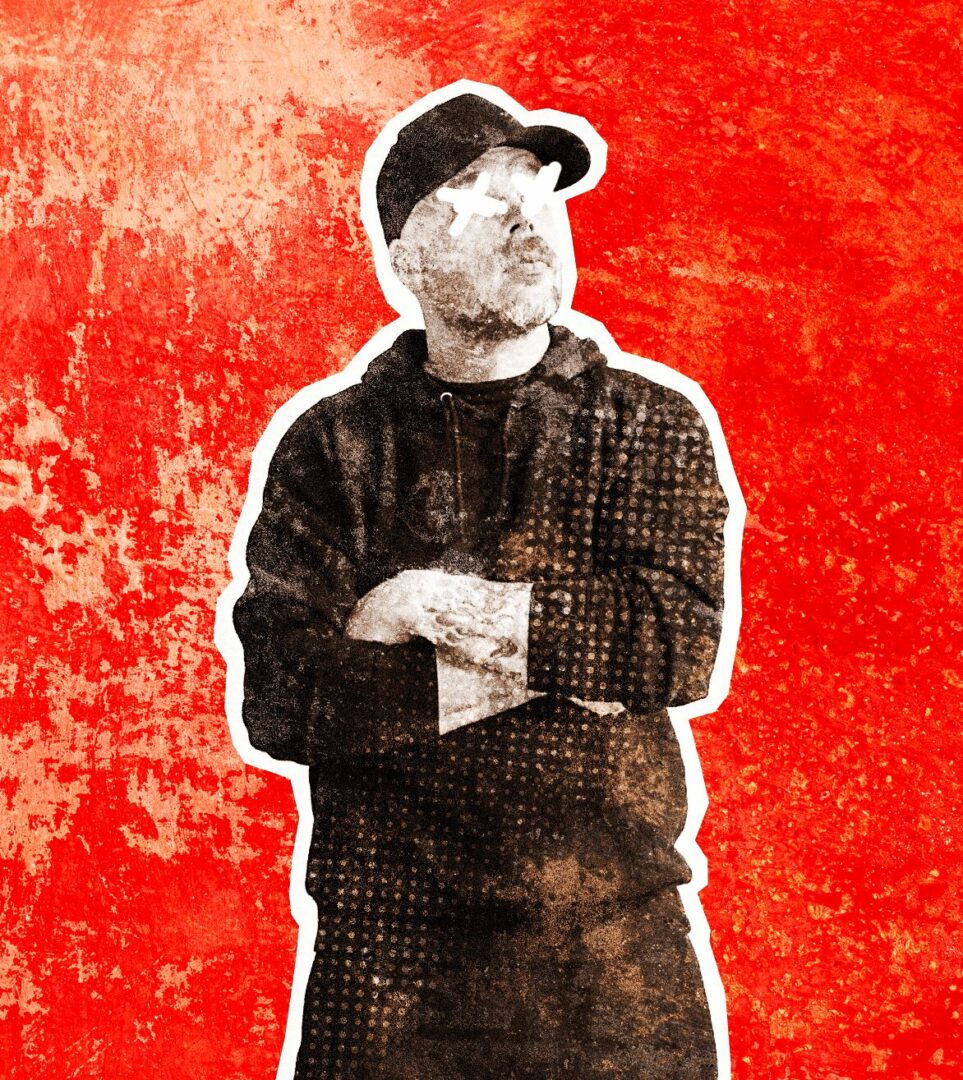
To be completely honest, I haven’t. It’s something that 99% of designers I know struggle with. But it also keeps you humble and working hard. I have never been a person who sees other designers as competition; it’s tough enough out there without looking for enemies. There are plenty of projects to go around and if people want your style, they’ll seek you out. Read More>>
Rebecca Van Dyne
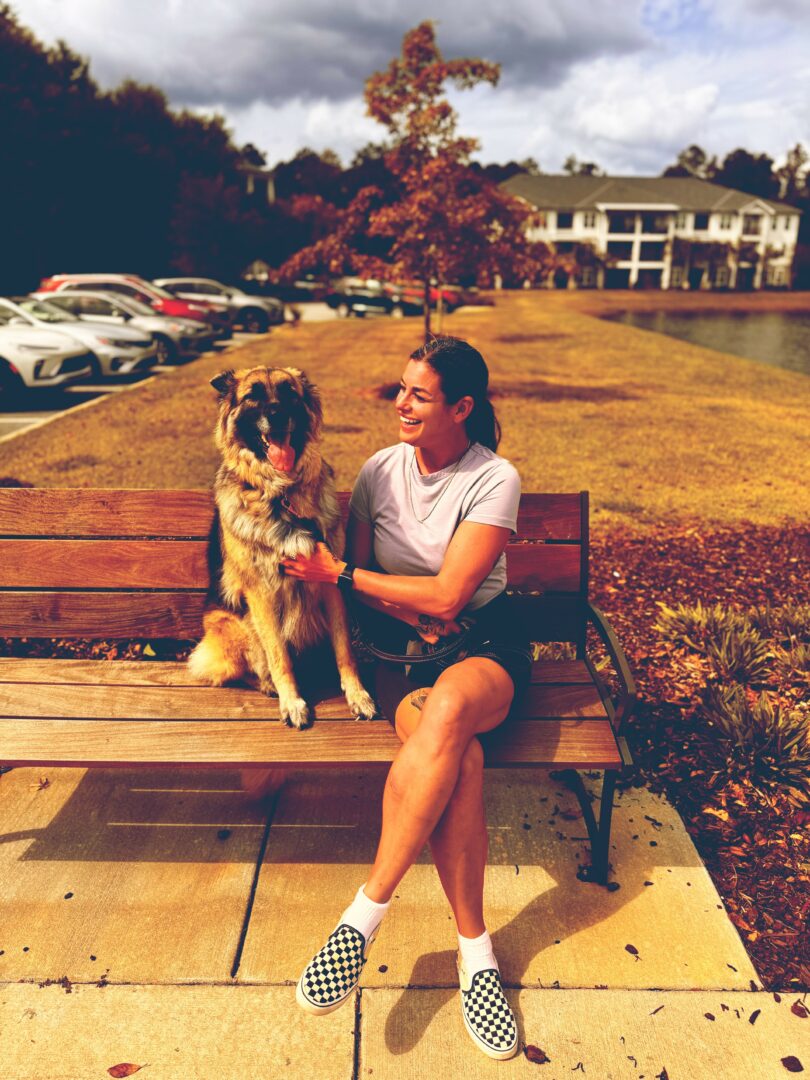
Imposter syndrome didn’t hit me all at once. It snuck in through the quiet moments—when I questioned my pricing, wondered if I was doing enough, or felt like I had to work twice as hard to be taken seriously. I don’t have the flashiest marketing, the best website, or a full line of Peace & Paws products (yet). I’m just one person pouring everything I have into something I love, and still, I found myself thinking, Who am I to call this a real business? Read More>>
Eddie Pierce
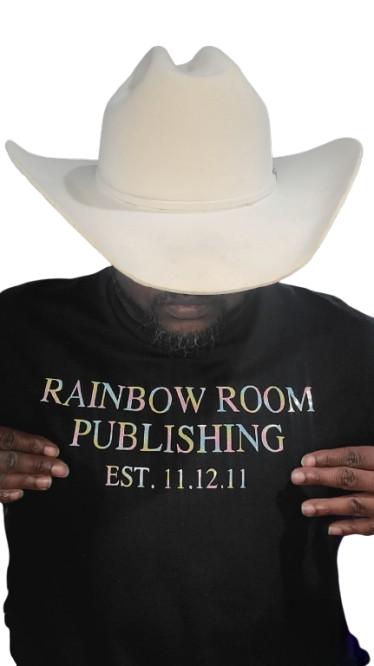
To say that I’ve overcome this psychological challenge would be prideful on my part and a gross misnomer. Instead, I’ll say that I actively combat it versus surrendering to the battle. First of all, my art and spirituality are inseparable. Through teaching and personal experiences, I’ve learned that all I manage to accomplish is God inspired and powered, as well as a collaboration between the Divine and me. Secondly, I am blessed to have so many supportive friends and family, including my partner of seven plus years, who consistently celebrate my accomplishments while acknowledging my efforts. Read More>>
Julian Clove

When I did art as a hobby—maybe way back in middle school—the sky was the limit! I would draw whatever I felt like drawing or create whatever inspired me. Then, in high school, I came out a bit more as an artist and started getting gassed up. All the love and comments like, “You’re so talented!” “These comics are amazing!” and “You should do this for a living,” really made me feel like I could go far with what I had—so I never stopped. Read More>>
Michelle Chica

I don’t know if anyone really overcomes this completely but I think that over the last few years I have definitely done a better job at overcoming it. When I first starting lettering, I actually felt pretty confident in myself because I didn’t think that many people were doing it at the time. But as more and more people were getting into it, thats when I started to have doubts. When I started with Punkpost, it all kind of changed. Read More>>
Yue Wu

In the world of enterprise UX, I often questioned whether I could truly call myself an expert. My teammates were seasoned professionals—fluent in technical jargon, confident in stakeholder meetings, and quick with decisions. Meanwhile, I found myself second-guessing my designs and wondering if I was just “faking it” well enough to stay afloat—even though I had already led and shipped several successful projects. Read More>>
Jeffrey Battle
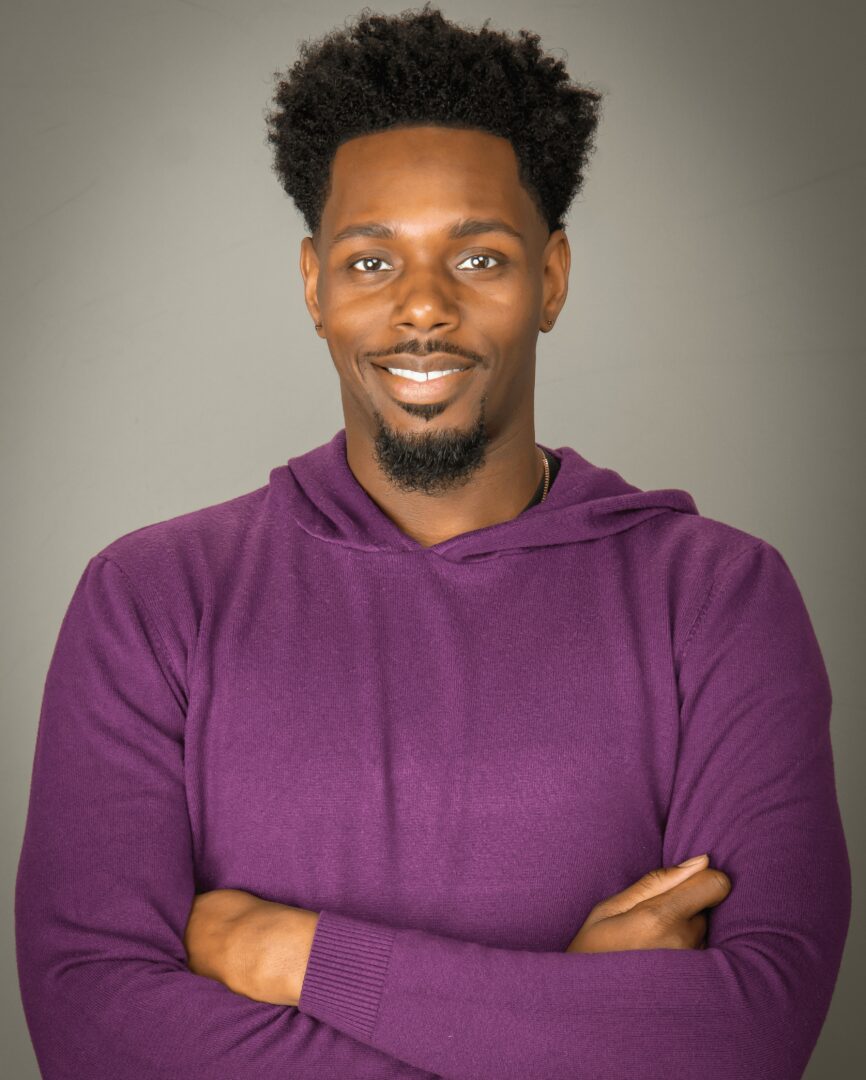
I overcome it by simply knowing that I belong regardless of what I’m feeling internally. If I wasn’t there, then that means I didn’t belong. I tell myself “This is my craft and I’m here to make magic.” Seeing other videographers and their gear and connections can initially make another videographers feel inadequate, especially if he’s not connected to others in the industry. What makes him stand out is his determination and drive to do the work. When I want to “do the work” I’m all in. I get lost, in a beneficial way. Read More>>
Lori B. Duff

I’m not sure I’m completely over it. But the older I get, the more I realize that we’re all just faking it. I’ve been in enough rooms with high powered folks to know that they’re all just muddling through. Generally speaking, the people with the most confidence are the ones that haven’t thought through all the things that could go wrong. It takes a lot of knowledge in order to know what you don’t know. The fact that you know enough to know that there are things out there you’re unaware of is proof that you’re thinking the right way. Read More>>
Lacey Olander
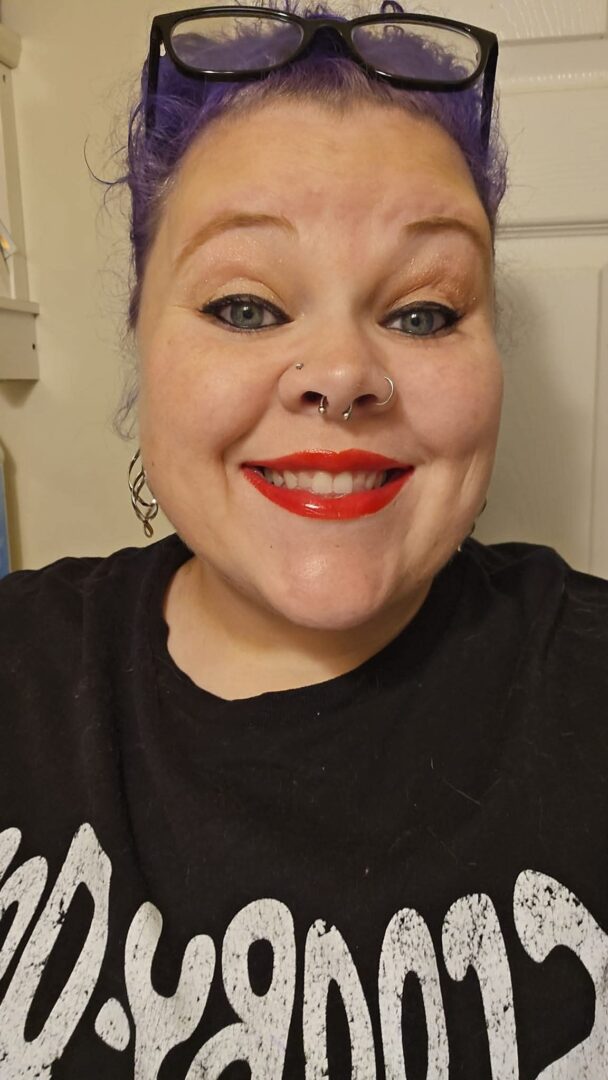
It has taken me a long time and an incredible amount of effort to overcome this. Being able to be a part of something like a no-kill animal shelter where my work matters has been the fuel to overcome.
This place is love and kindness fueled by love and kindness. My past traumas don’t live here. I am recognized not by the beginning of my story, but by the present. Read More>>
Stephanie Stella
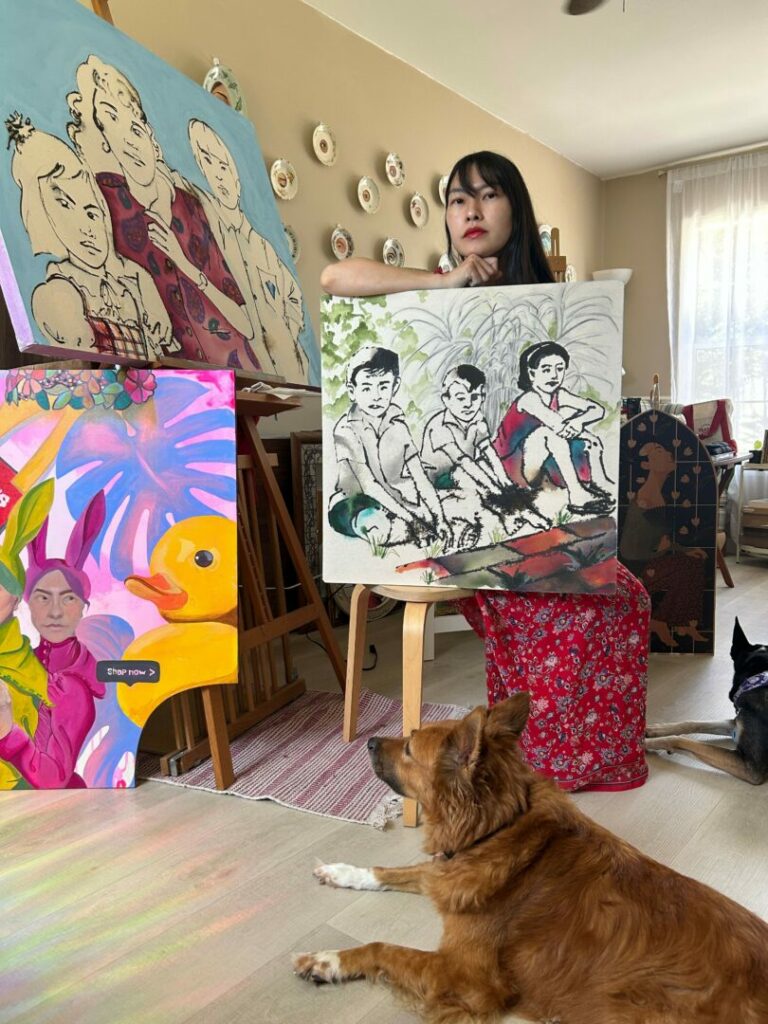
Honestly, I don’t think I’ve overcome it—I’ve just learned to carry it. Impostor syndrome is real, especially for artists. There are still moments when I look at my work and think, Who am I to do this? That doubt can be loud and isolating.
What’s helped is letting go of the idea that I need permission to be an artist. I started painting seriously about four years ago, and it didn’t come easily. Some people didn’t believe I should be doing it—that hurt, but it also pushed me to keep going. I wasn’t chasing praise; I was following a feeling I couldn’t name but knew I needed to satisfy. Read More>>
Chelsea Tikotsky
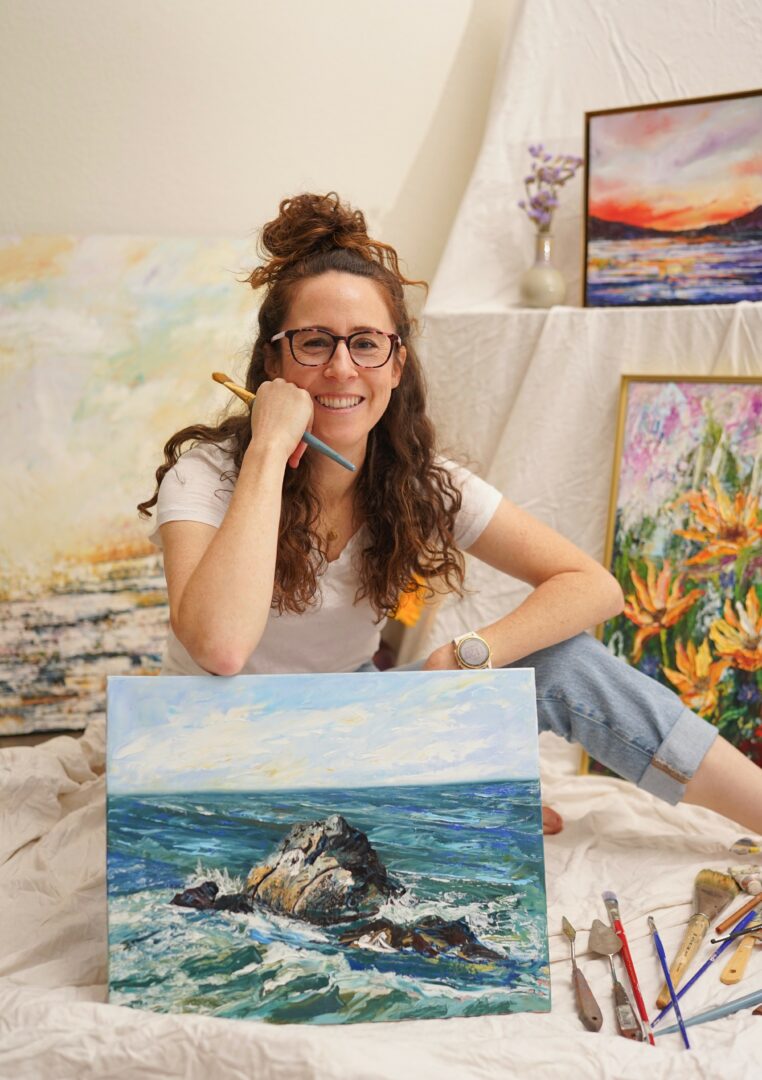
Imposter syndrome is something that’s come up for me a lot throughout my art journey—and it still flares up from time to time. For a while, I felt like I couldn’t call myself a “real” or “professional” artist because I wasn’t doing it full time. I have a regular 9–5 job, and for a long time I thought that meant I didn’t belong in the art world. But over the last couple of years, I’ve really started shifting how I see myself. Read More>>
Paul Stafford

To be honest, overcoming imposter syndrome is a process that never feels quite finished. I think initially, the best way to overcome it was to get better at what we do as musicians, so we started doing this thing that we called instru-gym – where we basically practiced our instruments every day at the same time for an hour, basically just working out. We’d always been a bit unstructured about it before, going through phases where we’d play lots and phases where we wouldn’t practice enough. As soon as we started to practice daily, even when we were busy or when we maybe didn’t feel like it, we started feeling a bit more like professional musicians. Read More>>
Shannon Kilmartin
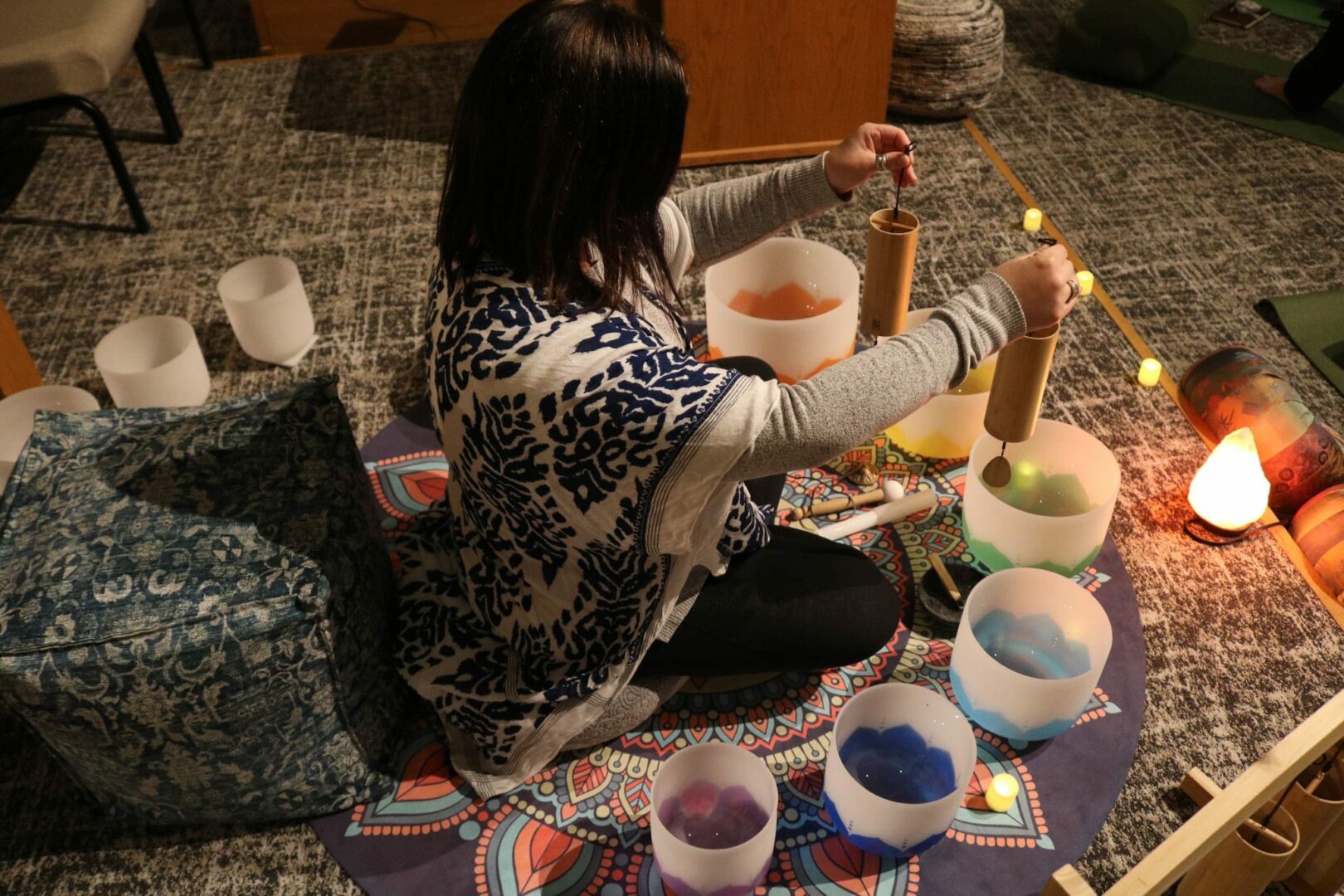
For the longest time, I kept second-guessing myself. Who am I to lead a class? To guide a meditation? To create something people actually buy or listen to?
I used to think I had to be perfectly calm, always enlightened, polished, and professional to be “worthy” of showing up.
But here’s the truth: Imposter syndrome feeds on perfectionism and silence. And I finally got a bit loud. Read More>>
Dusty Wehmeyer
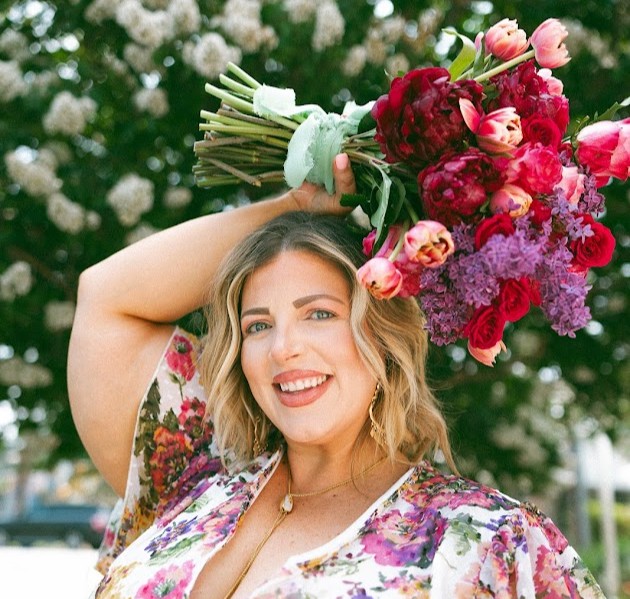
At first, I thought I had to earn my place. More experience, more credentials, more proof. I’d walk into rooms feeling like an industry newbie. Like I didn’t belong.
But here’s the truth: imposter syndrome thrives in silence. It loves when you stay quiet, play small, or overthink every little move.
I had to decide: was I going to let the fear of not being “enough” stop me from doing what I knew I was built for? The industry that I have dreamed of being a part of for 10+ years. Read More>>
Keely Galetka
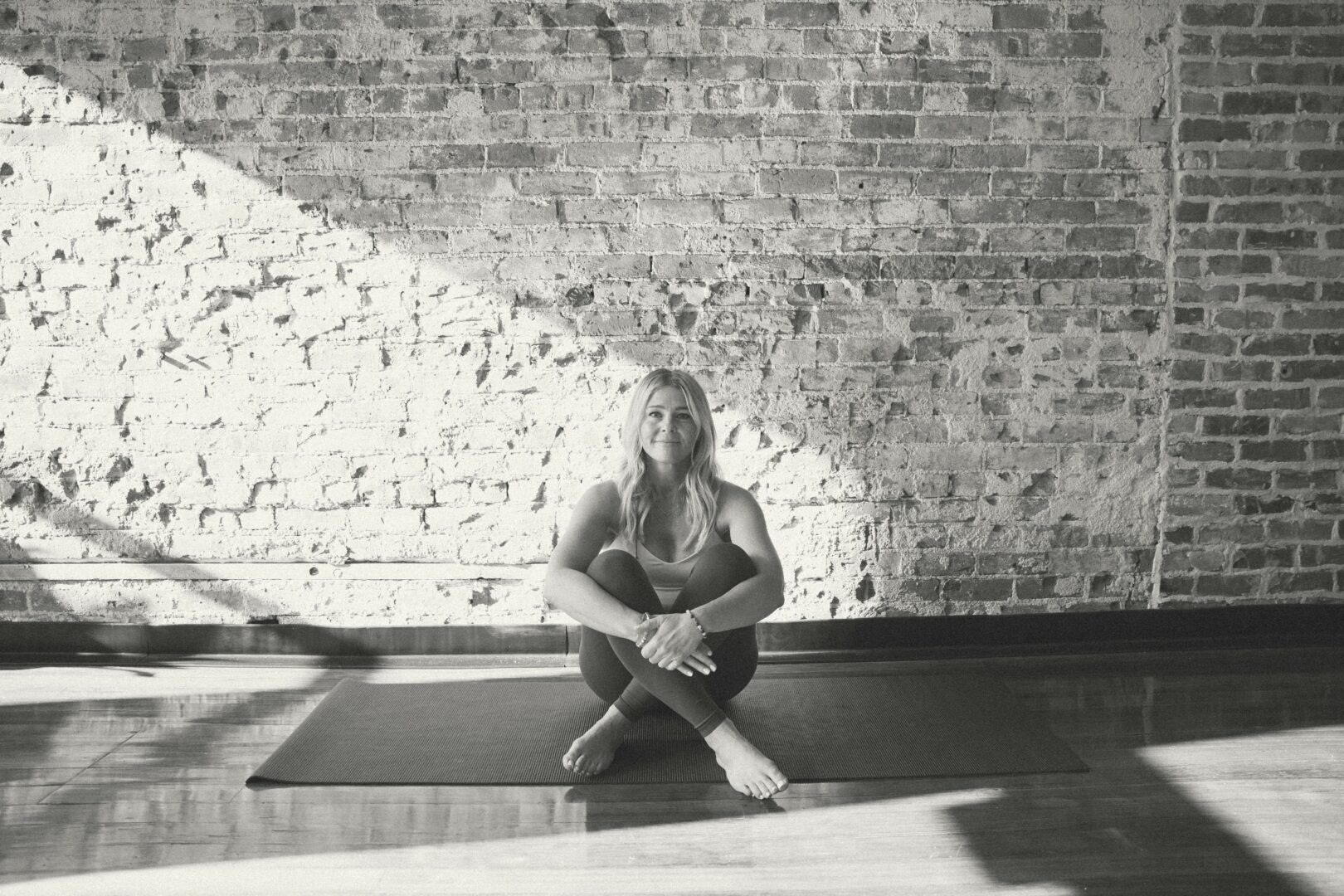
I dont think imposter syndrome is something you ever completely overcome but is something that you can befriend and alchemize into your biggest flex. Everytime we do something that scares us or is out of our comfort zone you quiet it down a little bit but it never goes away. It has a purpose, it’s our ego just trying to keep us safe. Finding peace with it and an inner knowing that if the feeling of imposter syndrome comes to surface, its my higher self guiding me to my next opportunity to rise and awaken to meet myself in my highest timeline. Read More>>
Nathan D. Myers
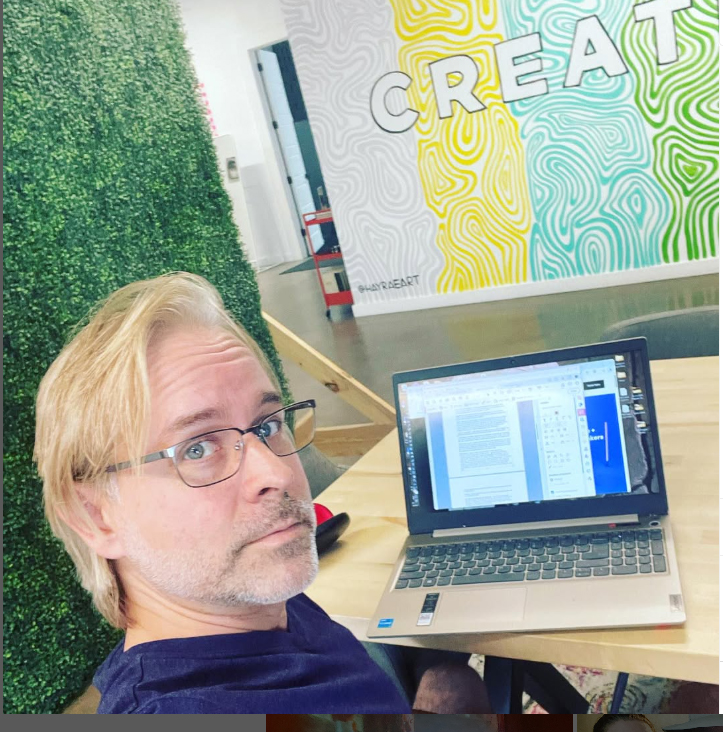
It’s funny, I was feeling a bit like an imposter in 2014, though it would have been hard for others to have seen it. I’m sure my friends thought I was cavalier and successful. At that time, I had produced three features with friends… features that never saw the light of day. I had designed and installed Capernaum First Century Village and Gardens that are NOW featured in the TV series “The Chosen,” (they hadn’t yet been featured at that time.) Read More>>
Keisha Candido

Do we ever overcome imposter syndrome? (haha) I find myself falling back into this hole quite often in my journey, however, I try to remind myself that I have a right to make art however I want. Others can like it or not, that’s just how the world is. I create because I love to create, not to please others. If my art resonates with you, then that is wonderful and I’ll welcome you into the Creative Ink family right away; but you don’t have to and that’s okay too–there’s enough room for all of us here. Read More>>
Ofelia Habelt
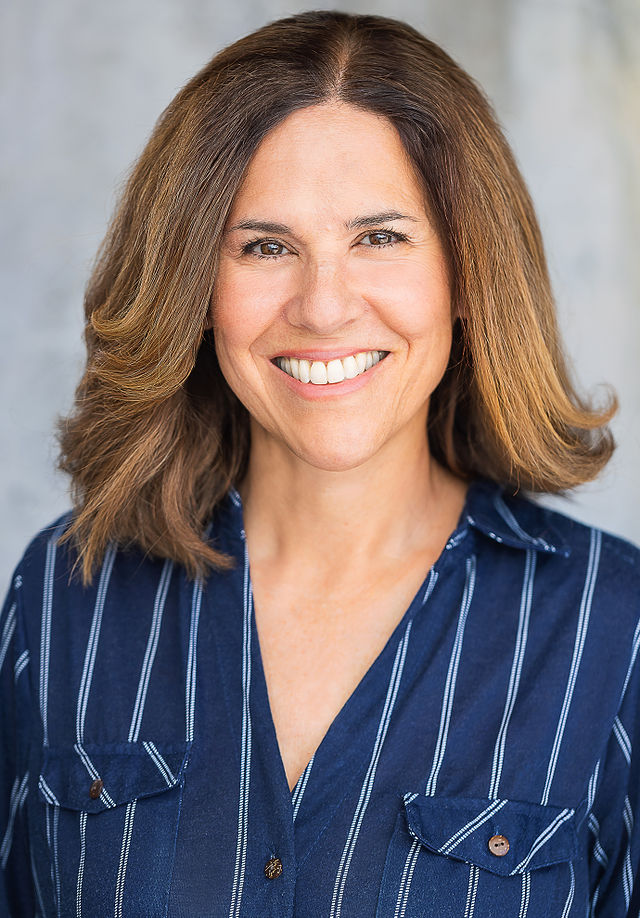
Overcoming impostor syndrome is an ongoing process—one I’ve grown more confident in each day.
Starting a career as a talent agent later in life occasionally invites that inner critic: “Am I behind?” Especially when I step into rooms with industry veterans or scroll through others’ big wins online, it’s easy to feel like I don’t belong.
But here’s what I’ve learned works best for me—and why I’m gaining momentum: Read More>>
Katie Brown
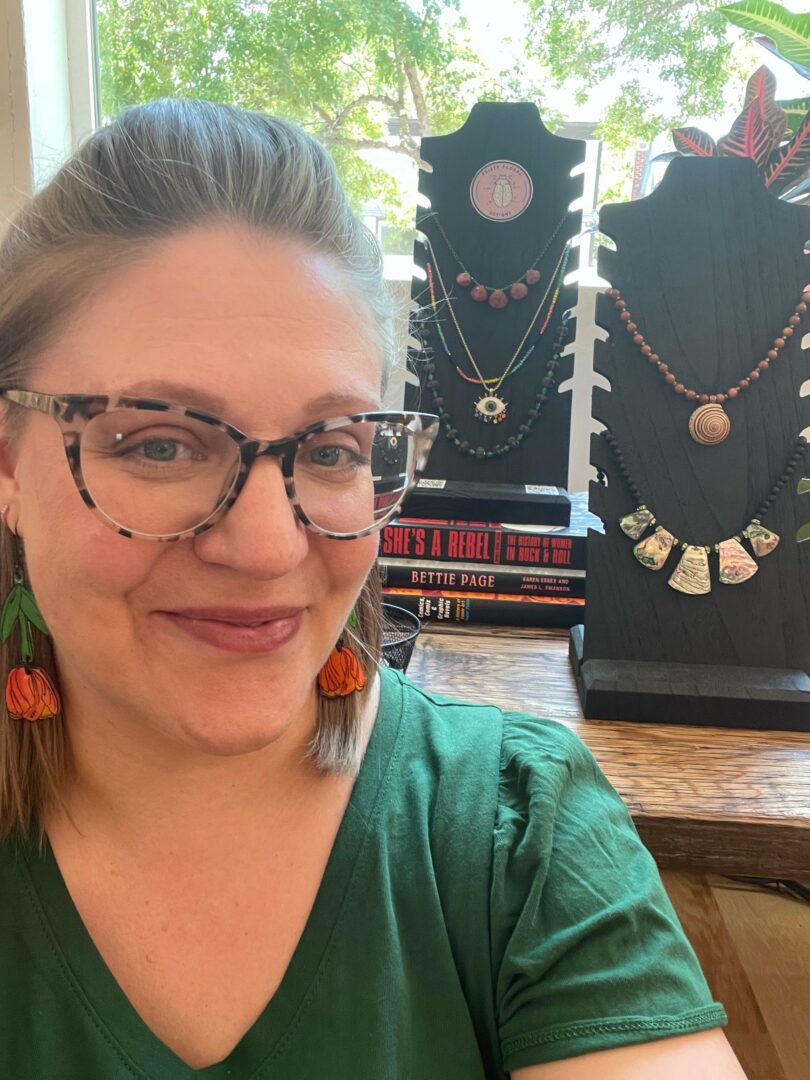
For a long time, I didn’t realize that imposter syndrome was what I was feeling — I just assumed that without a formal art education or a consistent body of “sellable” work, I wasn’t a real artist. Growing up, I spent a lot of time sketching and experimenting with materials. I took the occasional class in metalsmithing or ceramics, but I was always more focused on the process than the finished product. Read More>>
Cy’Ress Cade
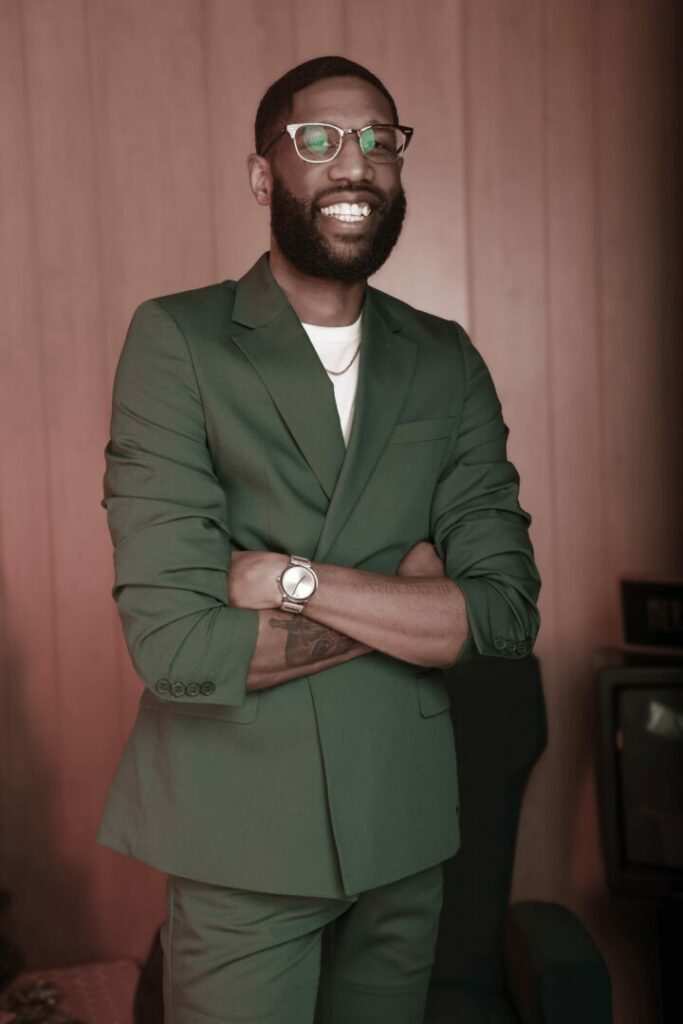
Imposter syndrome is one of those things that I am still overcoming. I don’t think it’s going anywhere. I compare it to the thorn that the Apostle Paul talked about in 2Corinthians 12. The way I battle overcome it is to lean into what it communicates to me–”you’re not good enough,” ” you don’t belong here,” and so forth.
The reality that sits in front of us all is that we all have limitations and imposter syndrome is one of things that reminds us of that. But with practice, over time, we can flip the overwhelming thought and feeling of inadequacy on its head and start to ask ourselves why we actually are good enough or why we do belong in a certain space. Read More>>
Mariah Magazine
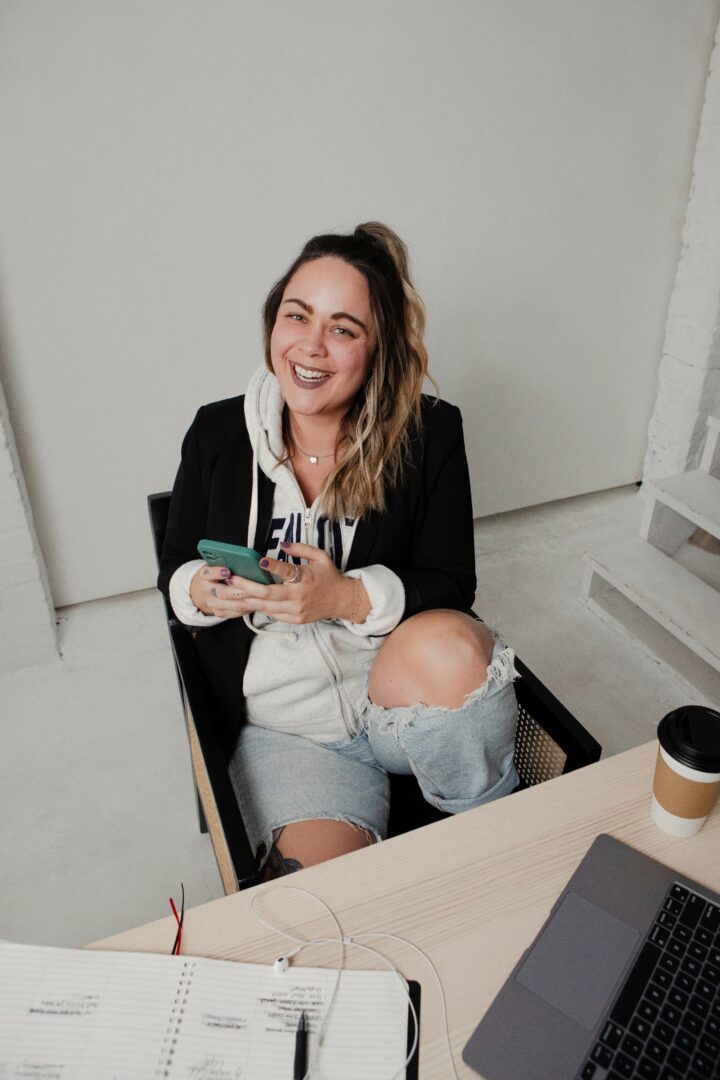
To be honest, I don’t think someone ever really “overcomes” imposter syndrome. I think we all just strengthen the muscle to work WITH it & move THROUGH it, instead of letting it hold us back.
Imposter syndrome usually pops up for me in business when I’m doing 1 of 2 things:
1). Doing something new.
2). Consuming more then I’m creating. Read More>>
Josh Trimble

Although it is an ever-evolving climb, I always find the best remedy for imposter-syndrome is through the belief in those around you. I am very blessed to be surrounded by people who I think are incredibly talented, hard-working, and noble. One day I had the realization that if those people tell me I am worthy of what I am searching for, why would I not believe them? It would be a disservice to them and to myself to not believe them. Read More>>
Lucille Moon-Michel, Ph.D.

I haven’t overcome imposter syndrome. But I’ve learned how to keep it under control. I realized that my own self-doubt had caused me to miss out on a lot of opportunities over the years – which is so frustrating! It was extremely difficult to get started with anything because I always felt the need to do more research, get more experience, wait til the right time, etc. And these insecurities just led me on a backwards odyssey to find a “good enough” state that never existed. Read More>>

